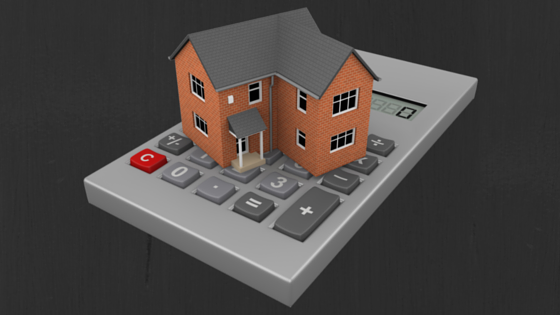-
You should escrow your property taxes and home insurance because it is the most convenient way to make sure that you pay them on time.
-
Escrowing your taxes and homeowner insurance is optional if you obtain a conventional mortgage loan, which you put 20% or more down payment. It is mandatory to escrow your taxes and insurance if you get any other mortgage loans, including VA, FHA, and USDA.
-
Your lender might give a lower interest rate if you escrow because it reduces the risk of your property being seized by tax authorities for past-due tax bills.
-
You should escrow your property taxes and home insurance because it is the most convenient way to make sure that you pay them on time.
Your mortgage servicer can hold funds to pay your property taxes and home insurance annually. Escrowing your taxes and homeowner insurance is optional if you obtain a conventional mortgage loan, which you put 20% or more down payment. It is mandatory to escrow your taxes and insurance if you get any other mortgage loans, including VA, FHA, and USDA.
How Does It Work
Let’s say you bought a home for $349,000 at 3.782% and put 20% down ($69,800) in West Palm Beach, FL, your principal, and interest payment would be around $1,298.
According to Zillow, your property taxes and home insurance would be $343 and $122 per month, respectively. You should escrow both property taxes and home insurance and make a monthly payment of $1,763 ($1,298+$343+$122) to your mortgage company and let them pay the property taxes and home insurance on your behalf.
Benefits:
Your lender might give a lower interest rate if you escrow because it reduces the risk of your property being seized by tax authorities for past-due tax bills.
Your mortgage servicer will conduct an escrow analysis and forecast future tax and insurance obligations, so there won’t be any surprise when those bills are due.
If your mortgage servicer estimates your future tax and insurance obligations incorrectly, they will divide the deficit amount over 12 months interest-free.
Disadvantages:
Because you fund your tax and insurance obligations monthly, your mortgage payment will be higher. In this example mentioned above, your monthly mortgage payment will be 35.82%($1,298-1,763)/$1,298) higher. Many existing and potential homeowners might not have that additional outgoing cash flow.
Property taxes are assessed based on property value, and insurance premiums tend to go up yearly, mostly in a hurricane-prone area like South Florida. Your monthly mortgage payment might change every year. Budgeting might be challenging.
Many financial experts will argue that homeowners should not escrow because they could put $5,580 (343+$122) x12) in a savings account and earn interest income. The current low-interest-rate environment made that advice obsolete.
Since after the Great Recession, banks have been paying an average interest rate of about two basis points or about $11 per year on their savings accounts.
In summary, you should escrow your property taxes and home insurance because it’s convenient and provides great peace of mind.

Pingback: The Potential Unintended Consequences of Mortgage Forbearance - FMC